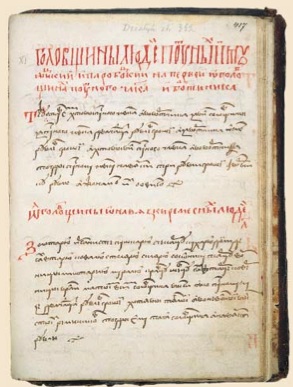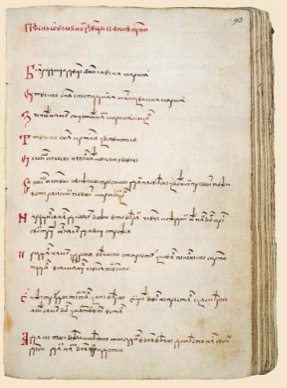Ah Britain
secures the promise ? that's funny !
Poland recognized right to existence of said Ukrainian Republic, is not the fault of Poland that Ukraine took 72 to carry those out.
You mean like the write to use all Lithuanian names? Oh, sorry, I forgot that Poland doesn't give that right.
no like all the other right Lithuanian minority in Poland have and Polish minority in Lithuanian do not have !
RPIII, is doing much better than RPII did when it comes to not breaking treaties/agreements, as anybody can see (anybody other than an idiot of course).
How does is matter to the topic ?gee ...
Real solution and bag of wishes !
Nobody would cherish a minority whose a main aim is to declare an independence (regardless circumstance )and grab as many land of the host as possible.
Frostbite assimilation my ass. Using nomenclature and standards of nowadays you are right for some few states, mostly the EU. And even there, there are countries like Lithuania whose educational policy can be call a first step to forcible assimilation, yet you take her side against Poland,
Switzerland is the only state it works,
Internal policy of prewar Poland have no bearings on her fate.
The suppression of mother tongues in interbellum Poland is very much on topic for this thread. Although I can well understand why you tell people not to discuss it.
According to times and mentality there wasn't nothing wrong with that, what about right of Poles in Lithuania ?I can argue that limiting high schools with the Ukrainian Language was to integrate them with the state they lived in, and to improve their chances for getting a job !
By the way in the territories with considerable concentration of minority there were signs in two languages.
And non language was banned, unlike For example Welsh in the uk at the time.The Polish language was the language of administration and rightly so !
So stop that Bull !
what a nice state of denial you are placing yourself in. Is it because you are not able to face the truth? Strange indeed.
If you talking unities - I think that was a mistake, those five million unites considering themselves Ukrainians would be otherwise Catholics and Poles.
The Parliament was against that, the issue was forced by some clergy, the Vatican and the King( Swedish ass-hole without understating of the country )
In Poland at the time there was no administration to force anything on anybody. Massive fail !So what ?
The only reason to discus that are some morons with the dirt under their nails and with their scruffy appearance trying to play the blame games - why don't you **** off on the palm tree !


